Remember The Tokens of ‘Lion Sleeps Tonight’ Fame?
by Best Classic Bands StaffPhilip Margo was 18 years-old when he co-founded The Tokens in 1960 with his younger brother, Mitch, and several others. Less than a year later, their cover of “The Lion Sleeps Tonight” reached #1.
The group that would become the Tokens was formed in Brooklyn in 1955 as the Linc-Tones, with a membership that included Neil Sedaka, who would go on to enjoy massive success as a solo artist. That group’s Hank Medress, along with Jay Siegel (who replaced Sedaka), sang together under other group names until, in 1960, they teamed with tenor singer Mitch Margo and his older brother Phil.
In early 1961 the Tokens—the final name they took—enjoyed their first national hit, the #15 “Tonight I Fell in Love,” released on the Warwick label. With Siegel singing lead vocals, the singing group—now signed to the major label RCA Victor after the Tokens appeared on American Bandstand—recorded “The Lion Sleeps Tonight” in the fall.
The song had a long and fascinating history by the time it came to the attention of the Brooklyn boys. It was written and recorded originally in the Zulu language by the South African musician Solomon Linda, under the title “Mbube,” in 1939. It sold more than 100,000 copies in Africa and eventually the song found its way to Alan Lomax, folk music director at Decca Records and a collector of international folk songs, who brought a copy of Linda’s recording to Pete Seeger, then with the Weavers. In 1951 that American quartet recorded the song under the title “Wimoweh,” crediting the authorship to “Traditional” and taking arrangement credit under a pseudonym in order to collect royalties.
The Weavers’ version charted at #14 in Billboard in 1952 and “Wimoweh,” as it became commonly known, due to the repetition of that word in the background, was covered by many other folk artists, including the Kingston Trio.
In 1961, RCA producers Hugo Peretti and Luigi Creatore, along with lyricist George David Weiss, retooled the song for the pop audience, giving it the name “The Lion Sleeps Tonight” based on the original Zulu story of Linda’s song. Soprano singer Anita Darian was brought in to add the wailing high notes and “Lion…,” credited to Peretti, Creatore, Weiss and the pseudonymous Albert Stanton (actually Al Brackman, Pete Seeger’s business partner), was released as the B-side of a song called “Tina.” (Linda was denied a credit on the hit, later triggering a huge copyright suit when his composition was used in The Lion King. It’s been recorded under its various titles by dozens of artists. Linda’s credit has since been restored to all versions of the song.)
As radio stations and fans discovered the single’s B-side, RCA promoted it instead of “Tina,” and “The Lion Sleeps Tonight” ultimately reached #1 on December 18, 1961, remaining on top for three weeks. The Tokens went on to score nearly 20 further chart singles, including “I Hear Trumpets Blow,” “Portrait of My Love” and “He’s in Town”; none came even close to replicating the success of their chart-topper.
In 1962, songwriter Ronnie Mack was looking to find a home for several songs he had written for a girl group known as the Chiffons. He approached the Tokens’ Bright Tunes Productions and they recorded themselves as the instrumental backing group for several of the tunes, with the teenaged girls.
“[RCA] Victor turned it down, Columbia turned it down, ABC-Paramount turned it down,” Philip Margo has said. “The master stayed in the can for six months before a small, independent company named Laurie took it.” The song, “He’s So Fine,” was released in February 1963 and reached #1 in the U.S. on both the pop and R&B charts.
The Tokens went on to produce records for other acts and launched their own label, B.T. Puppy Records. In 1973, the Margo brothers and Siegel formed a new group called Cross Country, which had one hit, the #30 cover of “In the Midnight Hour.” A revived lineup of the Tokens began playing the oldies circuit in the mid-’70s and the two Margo brothers continued to perform under the name the Tokens while Siegel led his own group, also using the Tokens name. Siegel’s Tokens and the Margo brothers reunited in 2000 to perform on a PBS special.
Philip Margo was born in Brooklyn on April 1, 1942, and was a lifelong fan of the Dodgers. The Tokens’ tribute noted that he published his first novel, The Null Quotient, in 2010. He was a black belt in Kung Fu San Soo as well as an avid softball player. He owned and flew planes into his 70’s.
Philip died on Nov. 13, 2021, surrounded by his family, at a Los Angeles hospital. He was 79. The singing group announced his passing on the Tokens Facebook page. The cause of death was a stroke. Younger brother Mitch died on Nov. 24, 2017 at age 70.

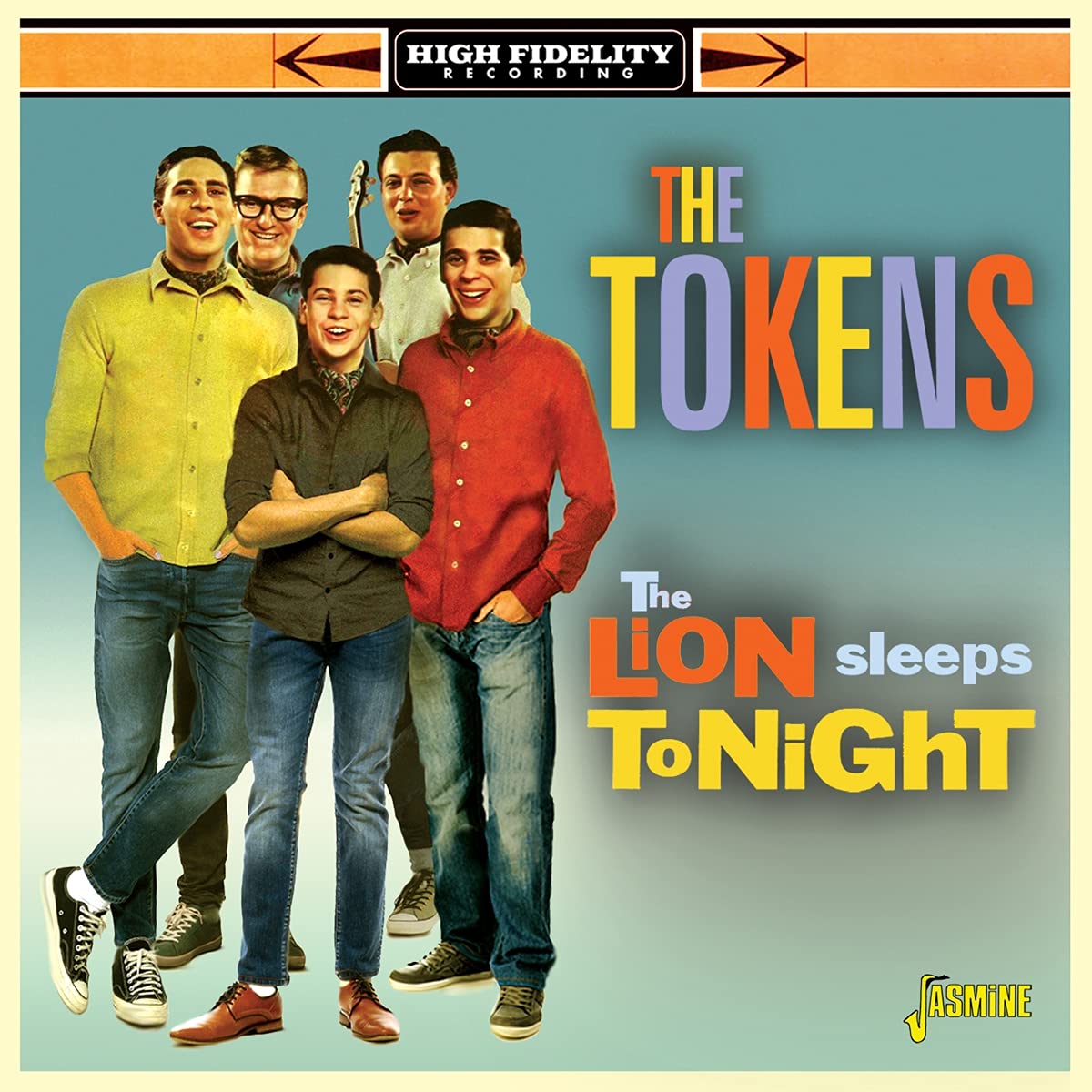
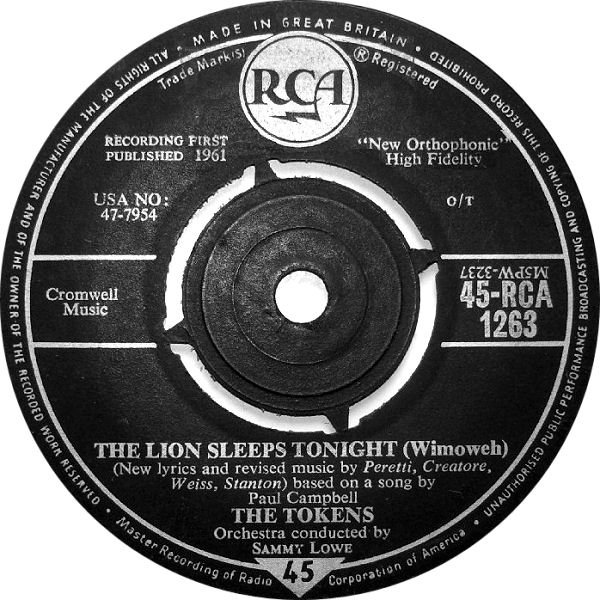

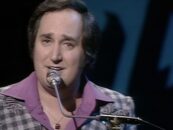
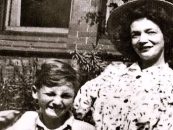
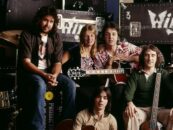
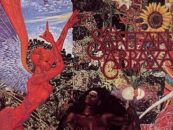

4 Comments so far
Jump into a conversationThe Tokens “went on to produce for other acts” is a very modest appraisal of their talents, considering that one of the “other acts” was Tony Orlando and Dawn.
I Hear Trumpets Blow another Rock & Roller
He’s In Town of R & R Heaven. At least they
left behind some great music w/memories we
can enjoy over & over. RI PEACE The Lion Sleeps Tonight….
Peter Noone was 14 when Herman’s Hermits was popular too.
Born in nov. 1947, so he was almost 17 when the Hermits had their first hits.